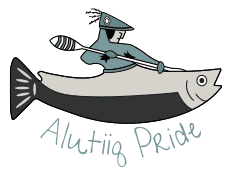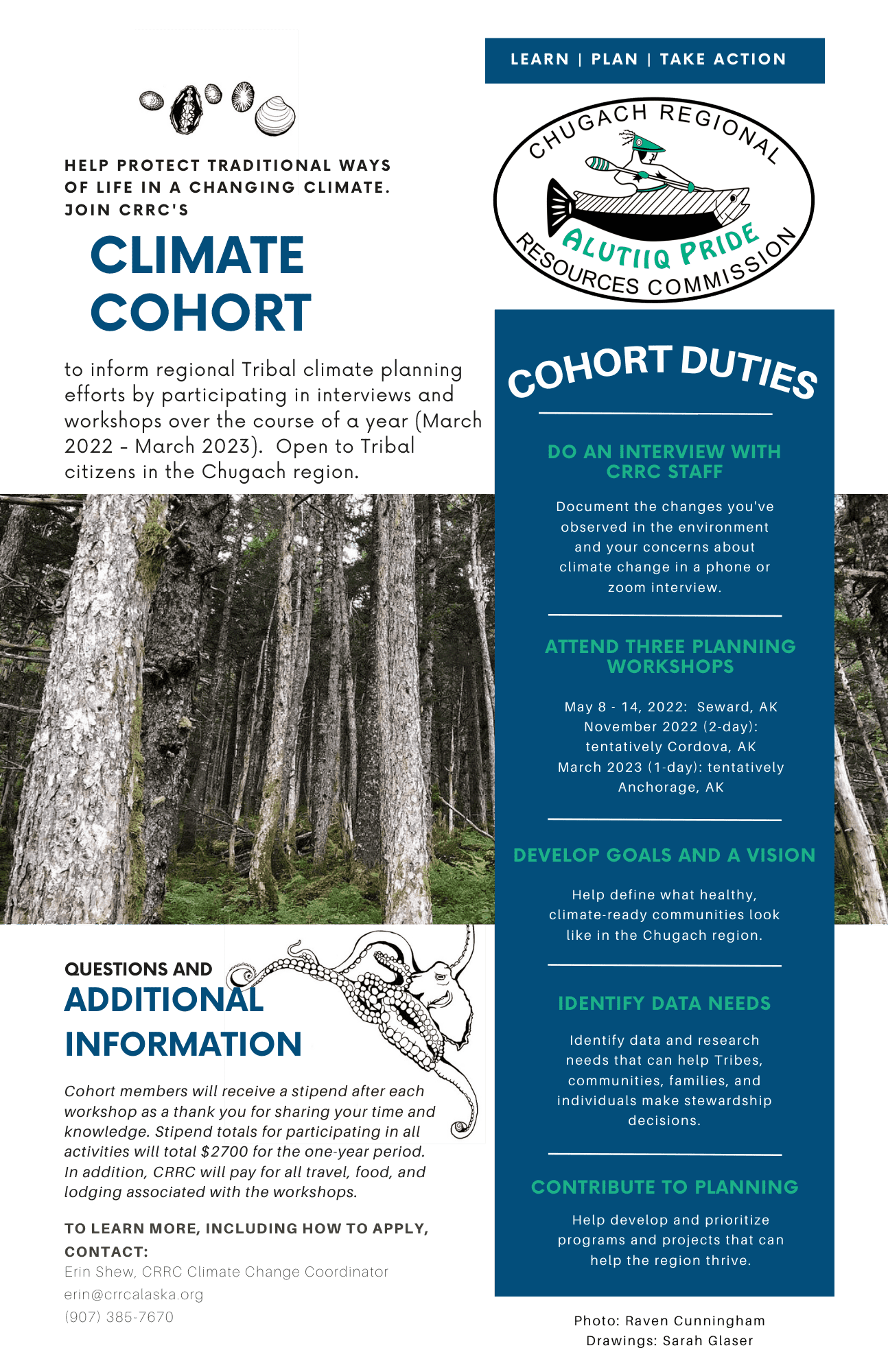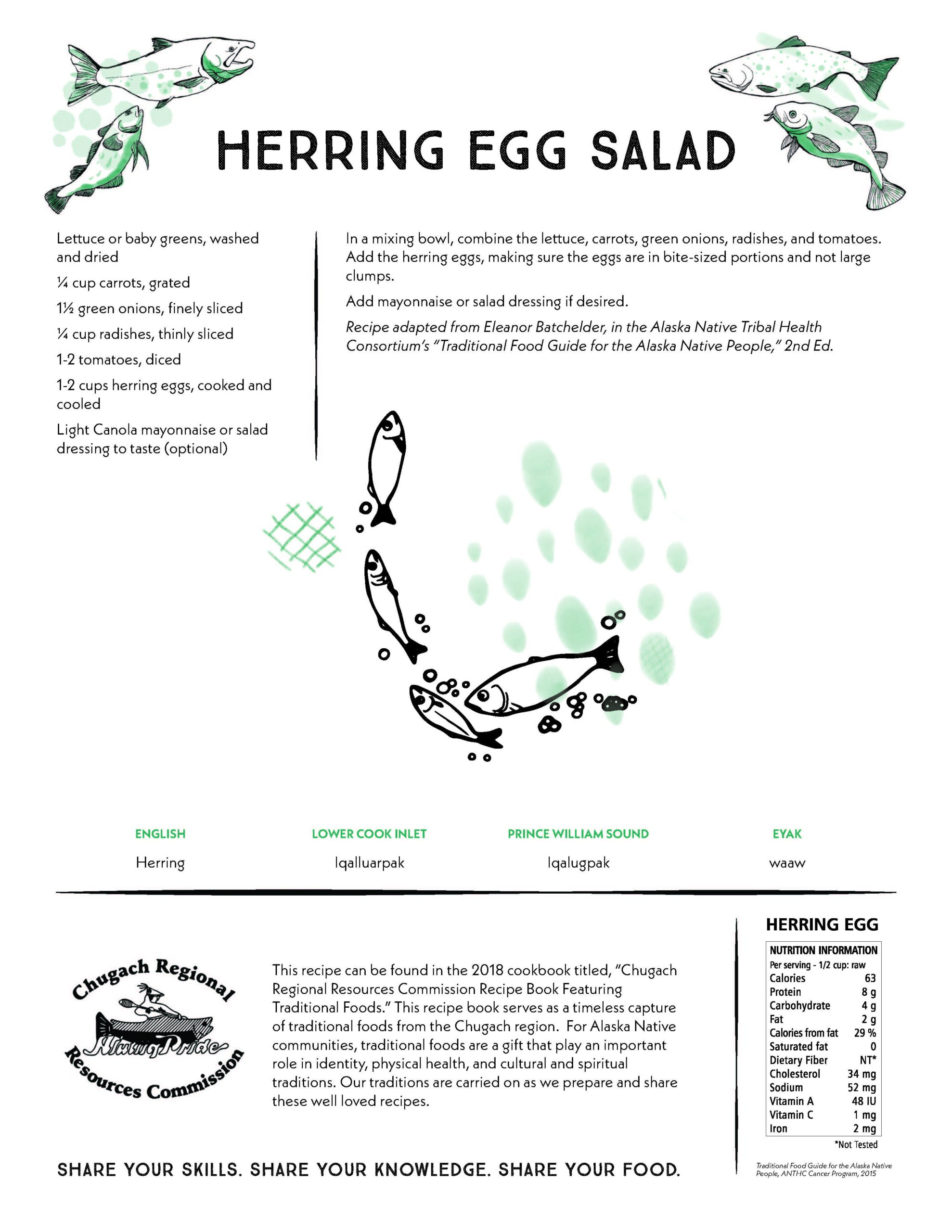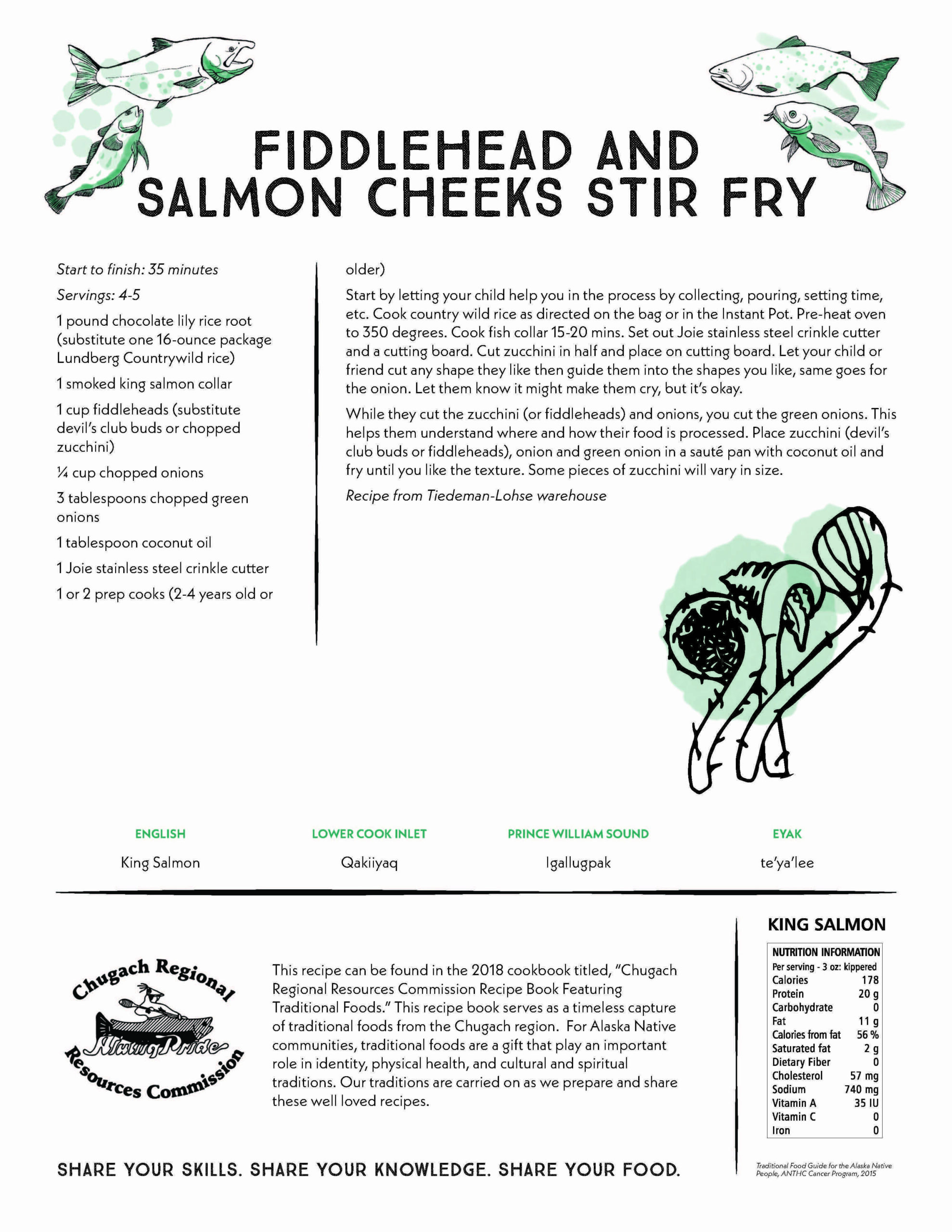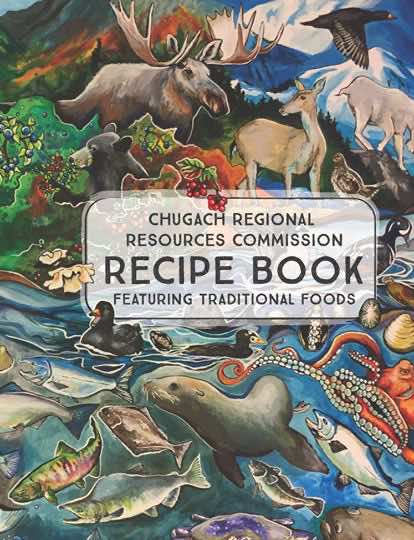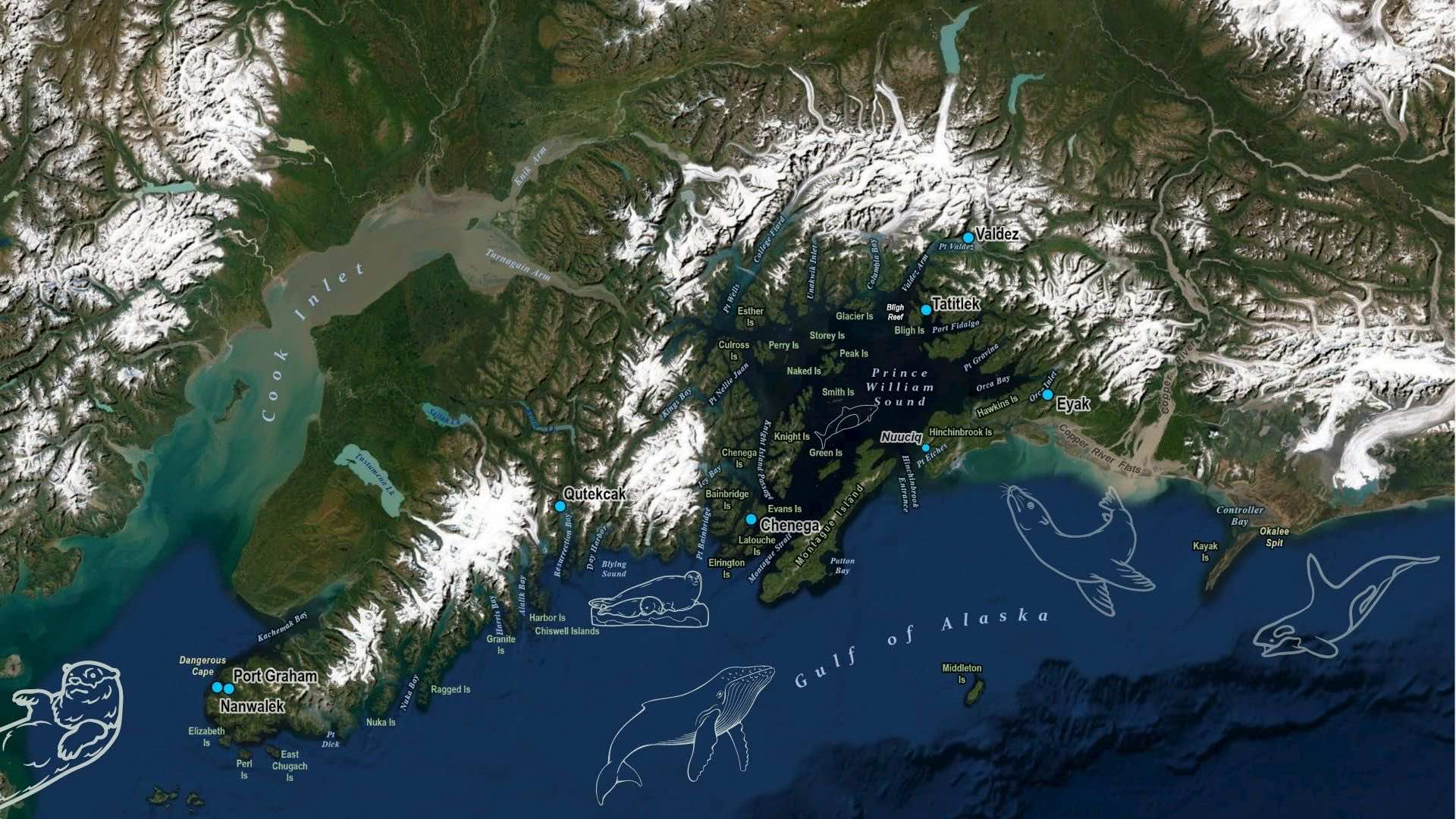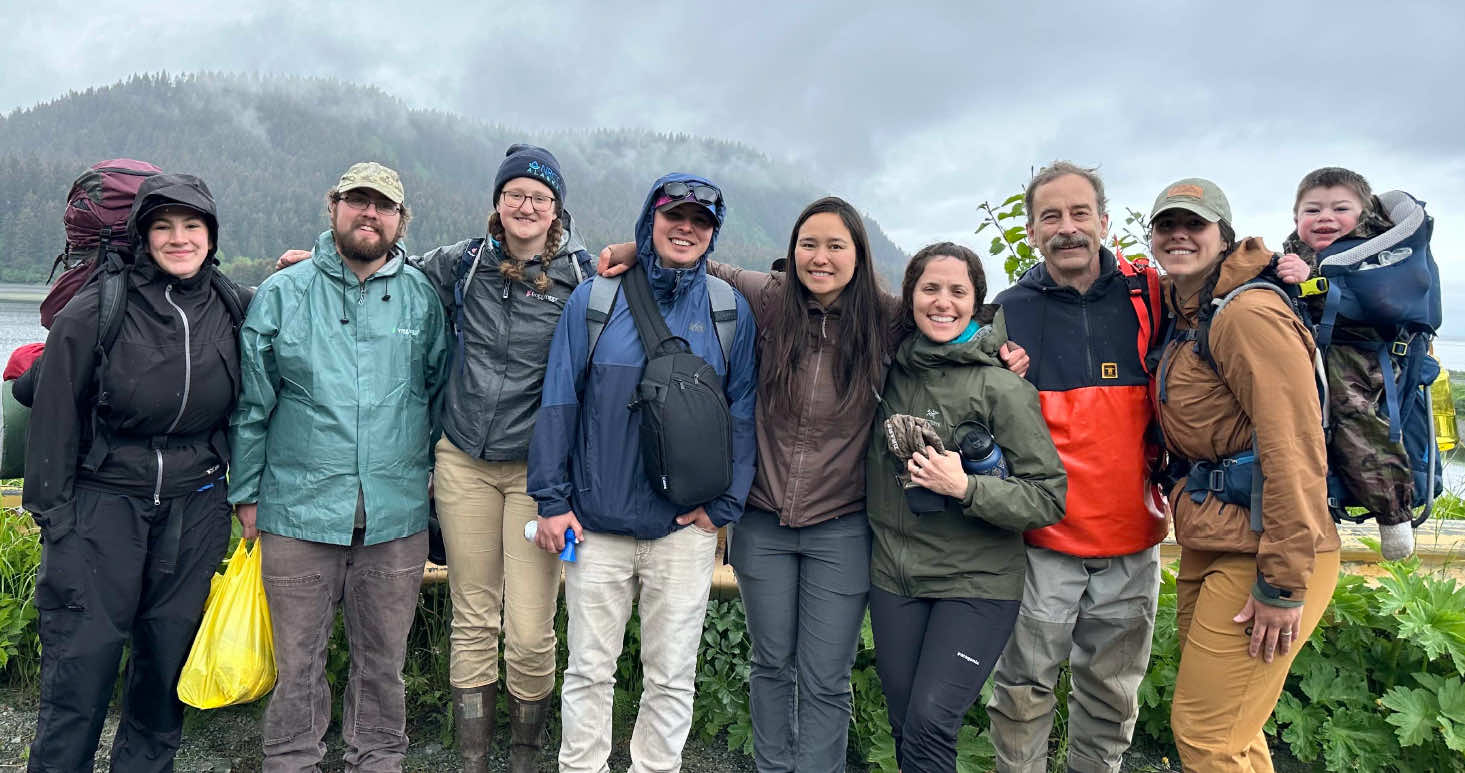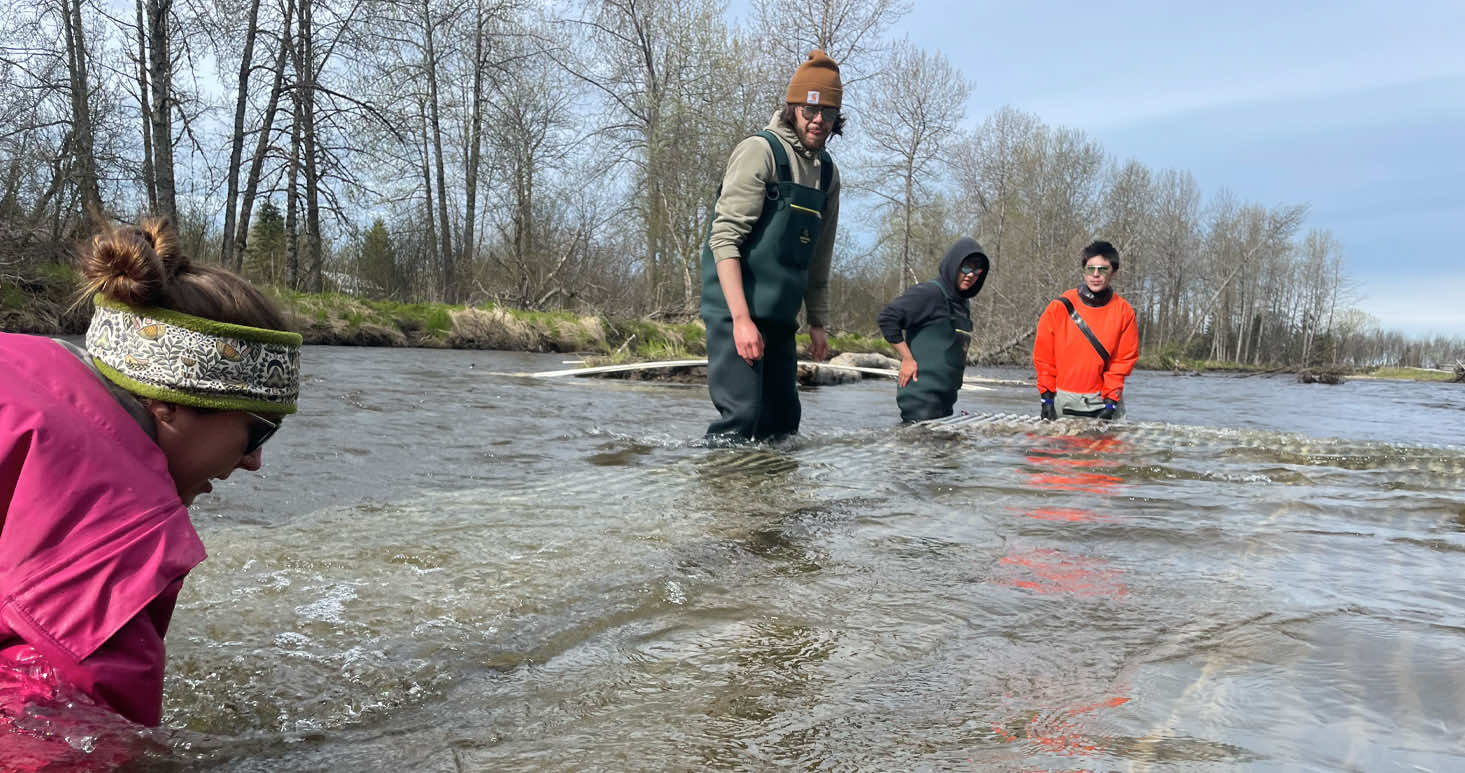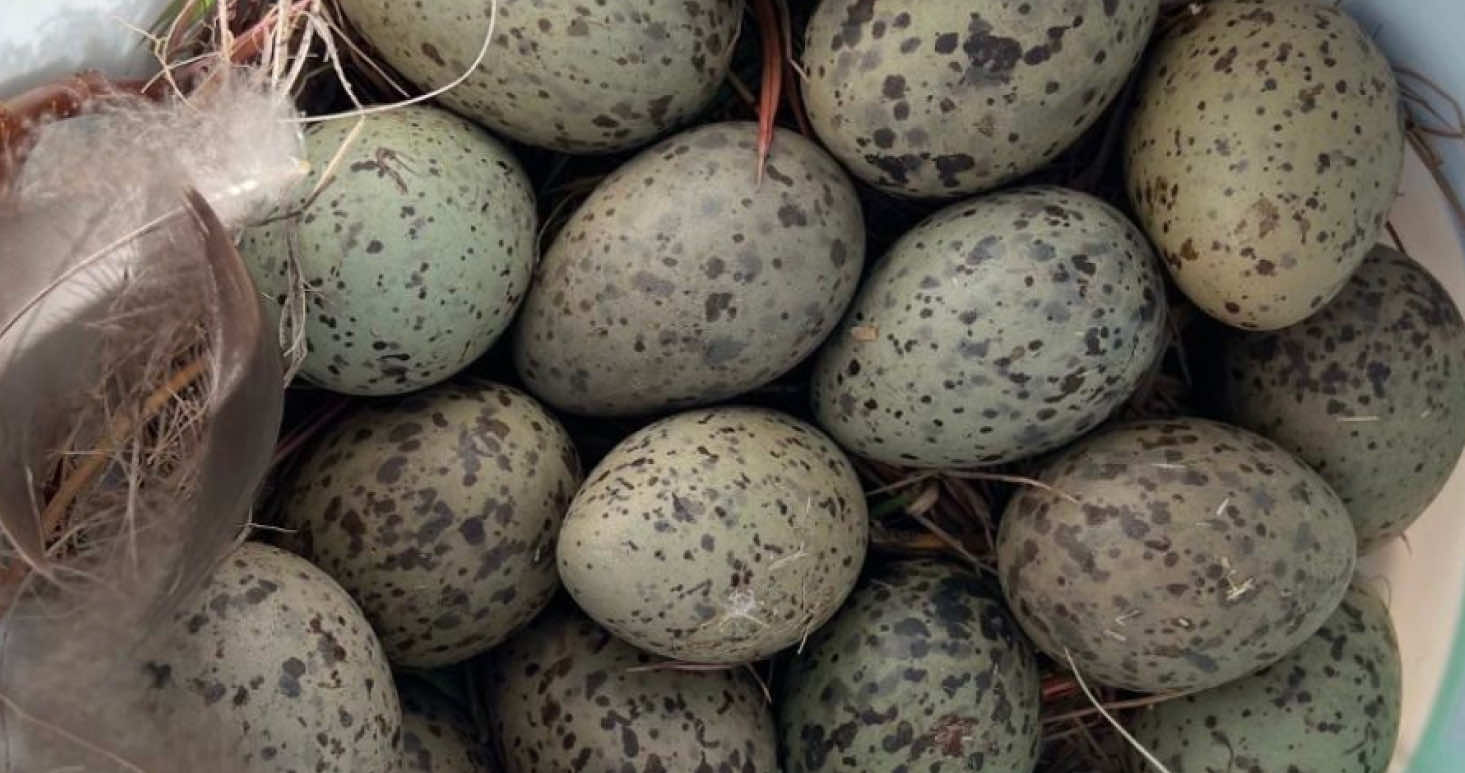CRRC 2022 Q2 Newsletter
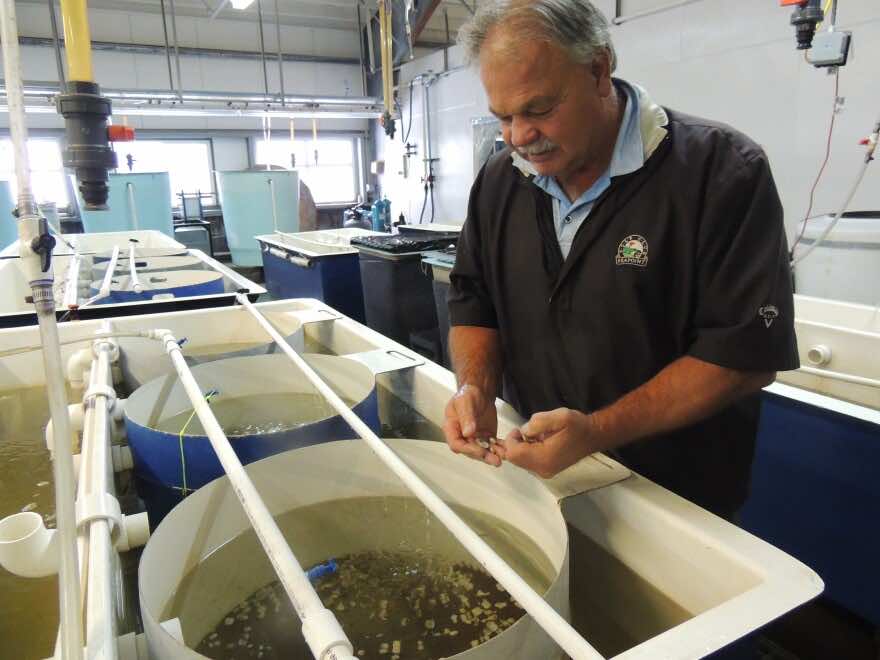
The past quarter was a big one for Chugach Regional Resources Commission.(CRRC) and Alutiiq Pride Marine Institute (APMI). After two years being postponed due to COVID, we were able to hold our 20th Annual Memorial Gathering. We have been hosting an annual Subsistence Memorial Gathering near the anniversary of the Exxon Valdez Oil Spill. This day-long celebration is not meant to remember or relive that tragic day and the years of devastation that ensued but to honor our resilience and adaptation in the wake of that terrible tragedy that was forced upon the People of the Chugach. As such, each year the Board of Directors and CRRC staff chose a topic to focus on which helps recount traditional knowledge, build relationships, and heal from the Spill that has continued to impact our lives.
This year CRRC and APMI staff were able to join the Qutekcak Native Tribe (Seward) and Native Village of Eyak (Cordova) in their communities. We also hosted the Gathering on a virtual platform so everyone could join us in celebration. During our 20th annual event, local, regional, state, and national speakers presented on various food security, business, management, harvesting, and community issues, with special emphasis on Indigenous subsistence harvesting. We included a silent auction as part of the virtual gathering and would like to thank all the great businesses and individuals that provided us with items!
Below is an article CRRC Executive Director Willow Hetrick wrote for the Cordova Times:
Subsistence memorial gathering honors repeople of the Chugach – The Cordova Times
CRRC is looking for 14 part-time Climate Cohort members to contribute to regional climate change planning efforts. Our first event is May 8-13 in Seward Alaska, where you’ll get to engage with Tribal leaders and experts from Alaska and the Pacific Northwest for a 5-day workshop and climate training camp, go on field trips to the Aluutiq Pride Marine Institute and Seward Sealife Center, and take a tour to look for orcas and learn more about climate impacts in Southcentral Alaska. Cohort members will receive a stipend, in addition to all travel, food, and lodging paid while attending a Cohort workshop. If interested, fill out the google form below or contact Erin Shew at (907) 385-7670 or
https://forms.gle/w5fF1bJETz3QHhxG6
Subsistence Resource Management Program
CRRC staff recently attended several meetings including the Copper River Basin Fish and Game Advisory Council Meeting, Department of Interior/Department of Agriculture Alaska Native Consultation Virtual Listening Sessions, Anchorage Fish and Game Advisory Council Meeting, Alaska Board of Game Central & Southwest Meeting and Work Session, Alaska Marine Science Symposium, North Pacific Fishery Management Council Meeting, Federal Subsistence Board Work Session, Alaska Forum on the Environment, Southcentral Regional Advisory Council, Cooper River/Prince William Sound Fish and Game Advisory Council Meeting, Alaska Board of Game Statewide Meeting, Joint Southcentral and Eastern Interior Regional Advisory Council Meeting, Alaska Food Policy Festival & Conference, and Alaska Board of Fish Prince William Sound shrimp Meeting. CRRC staff also hosted and attended the 20th Annual Subsistence Memorial Gathering on March 24th virtually on Hopkin.
Upcoming Deadlines:
Board of Fish (BOF) 2022/2023 Cycle Proposal deadline is April 11, 2022; additional information can be found on the BOG website at: http://www.adfg.alaska.gov/index.cfm?adfg=fisheriesboard.main
Board of Game (BOG) 2022/2023 Cycle Proposal deadline is April 29, 2022; additional information can be found on the BOG website at: http://www.adfg.alaska.gov/index.cfm?adfg=gameboard.main
Upcoming Regulatory Dates/Meetings:
- The Federal Subsistence Board’s Wildlife Regulatory Meeting will be held virtually from April 12-15, 2022.
- The Federal Subsistence Program’s Call for Proposals to Change Federal Subsistence Fish and Shellfish Regulations, and Proposals to Change Nonrural Determinations was issued on March 25, 2022. For those wishing to submit proposals, please visit: https://www.doi.gov/subsistence/news/general/call-proposals-change-federal-subsistence-fish-and-shellfish-regulations-1
For more meeting dates and information or if you have any questions/concerns you can contact Christine Brummer at .
CRRC received a grant from the Center for Disease Control to promote health and wellbeing in our communities. The COVID-19 pandemic is causing significant disruptions in the availability of food in our communities, and as such, CRRC has been shifting the focus of our organization to assist communities dealing with the immediate impacts to food security from COVID-19.
Traditional Food recipes can be found by clicking here.
Spring is in the air and the herring are running! Here are some recipes to celebrate spring time in the Chugach region!
Traditional Foods Recipes
Chugach Regional Resources Commission produced a recipe book based on recipes from Tribal members in the Chugach region.
The recipe book can be purchased here: https://chugach-regional-resources-commission.square.site/product/recipe-book-featuring-traditional-foods/3?cp=true&sa=true&sbp=false&q=false
In an effort to enhance food security in the region, CRRC used CDC grants funds to remaster the recipe pages to include nutritional values provided by the ANTHC as well as translations in various dialects, when available, from the Chugachmiut Heritage Preservation.
Local radio station KDLL featured an article about the Alutiiq Pride Marine Institute as part of their Econ 919 series. This article features APMI’s Mariculture Director Jeff Hetrick and highlights the work APMI has been doing for decades to help Alaskas mariculture industry.
An Introduction to CRRC’s Marine Mammal Management Program
Marine mammals are an important component of coastal Alaska Native life and are the foundation of rich cultural traditions. In the Chugach Region of Alaska, identity is shaped around the interplay of humans and marine mammals. The ocean makes up a significant portion of subsistence practices for all seven Tribes and are a central component of food security and community resilience, providing multiple positive health outcomes that impact both individual and community health status. Federal law defines subsistence as “the customary and traditional uses by rural Alaska residents of wild, renewable resources for direct personal or family consumption as food, shelter, fuel, clothing, tools or transportation; for the making and selling of handicraft articles out of nonedible by-products of fish and wildlife resources taken for personal or family consumption; and for the customary trade, barter or sharing for personal family consumption.” An active subsistence lifestyle promotes physical health by keeping people active and reducing the likelihood of certain diseases linked with Western diets. The lifestyle promotes mental health by providing a pathway for people to connect with their culture and community through teaching, learning, and sharing. The impact of marine mammals extends beyond physical and mental health as it provides a source of cash-based revenue in economically disadvantaged communities to Tribal Members through the sale of arts. Prioritization of maintaining this connection to food and land resulted in the emphasis on food sovereignty and subsistence resources in CRRC’s programs.
Over centuries, we (the Indigenous people of the Chugach Region) have perfected our knowledge on marine mammal behaviors, how to hunt successfully, skinning, butchering, rendering oil, proper hide preparation, and skin sewing. This knowledge is handed down from generation to generation and is vital to our continued heritage and existence. Traditional ecological knowledge is unique to the Chugach Region and held closely. It is important that this knowledge is documented and shared with managing agencies as it holds as much significance and importance as scientific data. CRRC’s Marine Mammal Program aims to improve the conservation and management of marine species within the Chugach Region, while collaborating with Federal and State agencies to ensure healthy marine mammal stocks, work towards co-management strategies, and advocate for continuity of our subsistence lifestyle especially when it comes to the issues of blood quantum inhibiting the continuation of cultural traditions to younger generations.
CRRC’s Marine Mammal Program is actively working towards developing a culturally competent co-management plan for the marine mammal species within the Chugach Region. Co-management relationships with the U.S. Fish and Wildlife Service (USFWS) and National Marine Fisheries Service (NMFS) will improve the conservation of and sustainable management of marine mammals in a rural and remote region where Indigenous people are keenly aware of the importance and interconnectedness of reproductive performance, survivorship, abundance, and vital rates. The well-being of marine mammals is essentially one-in-the-same to the well-being of Tribal Members. Passing down cultural practices depends on a continued relationship with the marine mammals that also call the region home. CRRC anticipates creation of cooperative agreements between CRRC, member Tribes, and Federal managers that embody the spirit of local subsistence harvesters, while supplementing important biological and harvest monitoring research.
Sustainable subsistence harvesting of marine mammals means resources must be protected from over-harvesting and managed with a view of maintaining the abundance of these species. Alaska Natives are stewards of the land and water. In the past, our sustainable management practices were so successful, and large in scale, that as the colonizers arrived, it was mistaken as unmanaged. To ensure the continued abundance and diversity needed for the health of this world, it is paramount to integrate traditional ecological knowledge (TEK) into conservation strategies. There is an important balance of human needs with management. Conservation programs could be strengthened through the sharing of knowledge surrounding what activities should be permitted, restricted, or prohibited. CRRC encourages the exchange of TEK regarding conservation, management, and utilization of marine mammals within the lower Cook Inlet, Prince William Sound, and Copper River Delta areas of Southcentral Alaska. Both Indigenous and Western science simultaneously ensure the continuity of healthy, stable marine mammal populations and the subsistence lifestyle. Indigenous science provides deep local knowledge and a long history of observation-based strategy and phenomena, while Western science incorporates scientific method-aligned techniques and technologies to produce a robust and holistic understanding of marine mammals as a significant element of the marine ecosystem.
Chugach Regional Resources Commission (CRRC) is asking for your help to document Traditional Ecological Knowledge (TEK) on marine mammals in the region. CRRC’s new Marine Mammal program would like to build capacities to manage marine mammals within the region and work on the issues of blood quantum that inhibit the continuation of our cultural traditions to younger generations in the Chugach Region. We as Alaska Natives define ourselves by the traditions of obtaining, processing, and distributing wild resources. Marine mammals play a significant role in food security and provide a source of revenue through the sale of arts in areas where there are few income opportunities.
Please help us understand how marine mammals are utilized in your household. It is important to us as we move forward on creating co-management agreements for the region that we take your thoughts and considerations into account. This survey could take as little as 7 minutes.
Ready to take the survey?
Click on the link https://survey.alchemer.com/s3/6690768/Marine-Mammal-Utilization-Survey to start
In this course, you will learn about harmful algal bloom monitoring program of the Chugach region led by the Chugach Regional Resources Commission’s Alutiiq Pride Marine Institute, HABs in Alaska, and how they are currently monitored. Lastly, we offer tips and tricks on how to integrate phytoplankton baseline data collection into your environmental program.
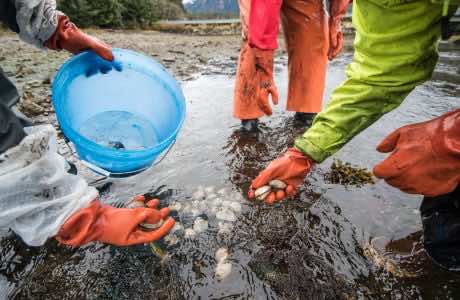
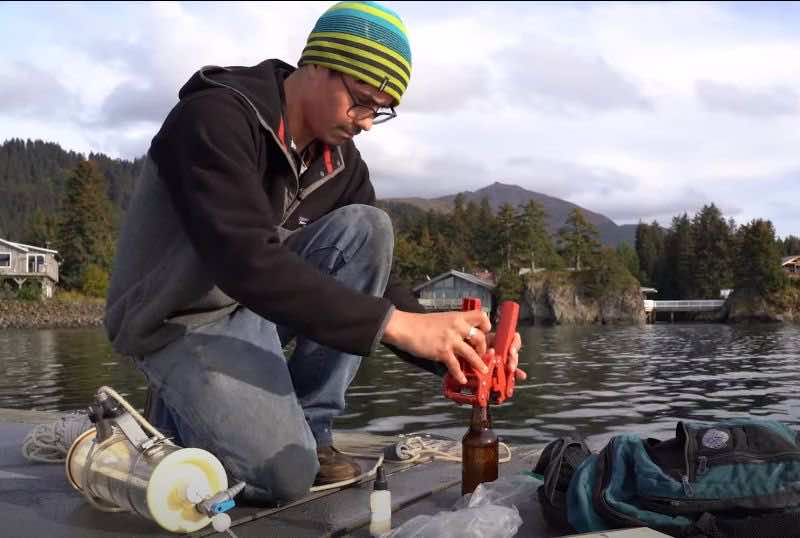
CRRC Launches Self-Paced Water Quality Monitoring Training – Click here!
In this course, you will learn about the water quality monitoring program of the Chugach region led by the Chugach Regional Resources Commission’s Alutiiq Pride Marine Institute, ocean acidification in Alaska, and how it is currently monitored. Lastly, we offer tips and tricks on how to integrate water quality baseline data collection into your environmental program.
